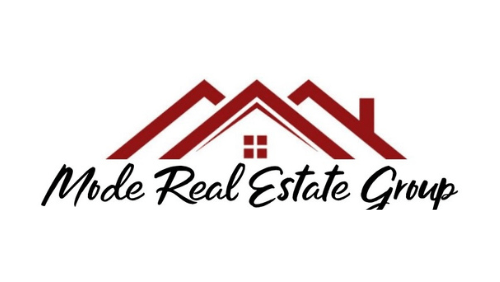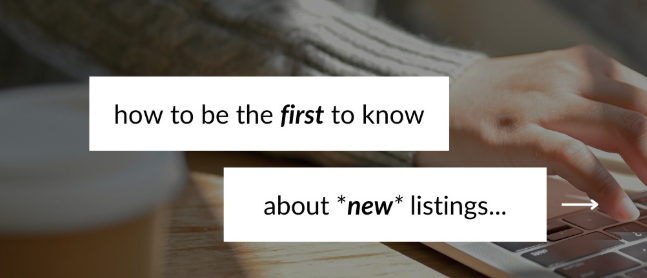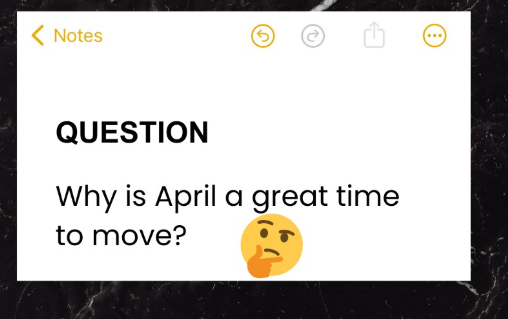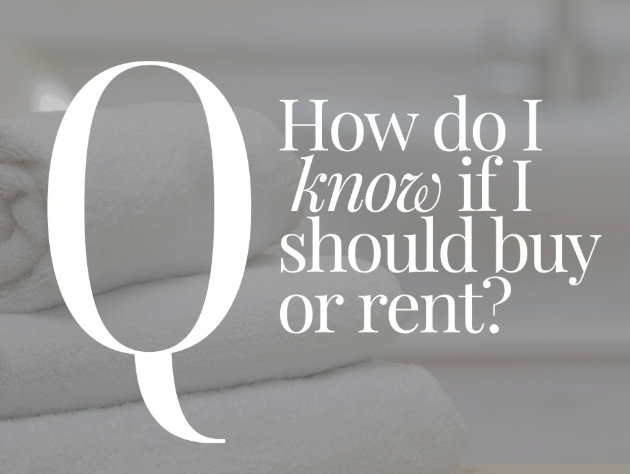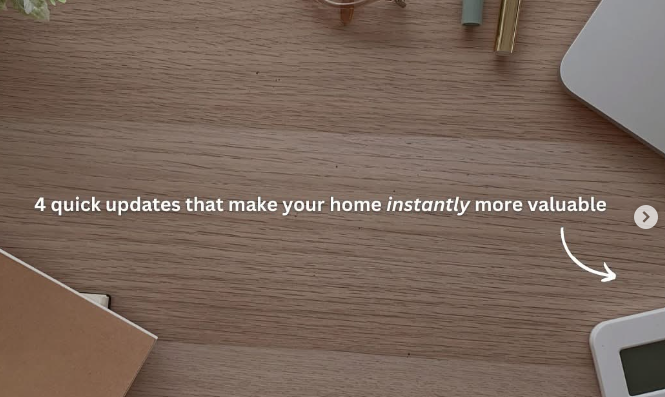Earnest Money vs Down Payments
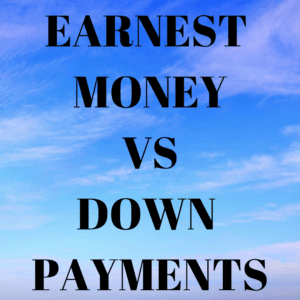
There are two terms you might hear if you're in the market to buy a house - earnest money and down payment. The two are not interchangeable, but sometimes there's confusion between what they are, what they aren't, and how they compare.
Understanding both earnest money and a down payment is critical to buying a home. Too often, buyers will think only about the down payment they have to make up front, but they don't consider other costs.
What is Earnest Money?
Earnest money (also known as an escrow deposit) is an amount of money that you, as a buyer, put into an escrow account only after a seller accepts your offer. The objective of earnest money is to show a seller that you're committed to following through on the purchase of the home.
Under some circumstances, your earnest money might be refundable. What your earnest money does is allow you a specific amount of time to get your mortgage financing in order and also go through any other steps in the buying process, like inspections and appraisals.
Earnest money is usually calculated as either a fixed amount or a percentage. Which one you'd pay depends mainly on the market where you're buying. In some markets, there's a standard, fixed amount of earnest money no matter the purchase price.
Once your purchase agreement is accepted, you submit that amount of money. Your earnest money is deposited into an escrow account where it can earn interest.
If you're in a competitive market, earnest money deposits are a good way to set your offer apart. You're showing that you genuinely intend to buy, and if you can put forth a bigger earnest money deposit, you're signaling that you might be a safer buyer. If you can put that money up early on, the seller might feel you're more financially stable, so they can worry less about something causing the sale to fall apart at the last minute.
If you make it to loan closing, then your earnest money deposit goes toward your down payment.
Along with making your offer stand out, earnest money can also be a way to compensate a seller for taking the house off the market as you finalize transaction details. If you don't make it to closing, you may lose your earnest money. To guarantee you get it back, you should have contingencies in place to protect the deposit, like a home inspection or appraisal contingency.
What's a Down Payment?
A down payment is something that, as a buyer you can put toward the purchase of a home. The seller receives it, and then the rest of the home's purchase price comes from your mortgage.
Lenders require down payment minimums. The minimum required amount is 3% of the purchase price of a home, but 20% is best. The closer you can get to the 20% down payment, the more likely you'll be approved for a mortgage. Also, you'll have smaller monthly payments on your mortgage.
If your down payment is less than 20%, your lender will require you to buy private mortgage insurance or PMI. PMI is a way for your lender to protect itself if you default on your loan.
Key Takeaways
Both earnest money and down payment are essential parts of buying a house. Earnest money can sometimes be returned if the transaction doesn't go through if you have contingencies.
In some cases, a seller will get to keep your earnest money if you don't go through with the purchase.
A buyer and seller can usually negotiate on earnest money, and it can be anywhere from 1% to 2% of the purchase price, up to 10% in very hot markets. Earnest money can accumulate interest.
A lender requires a down payment as part of your mortgage, and you don't negotiate it with your seller. With that being said, you pay it to the seller and not the lender, and then the rest of the purchase price comes from the mortgage.
